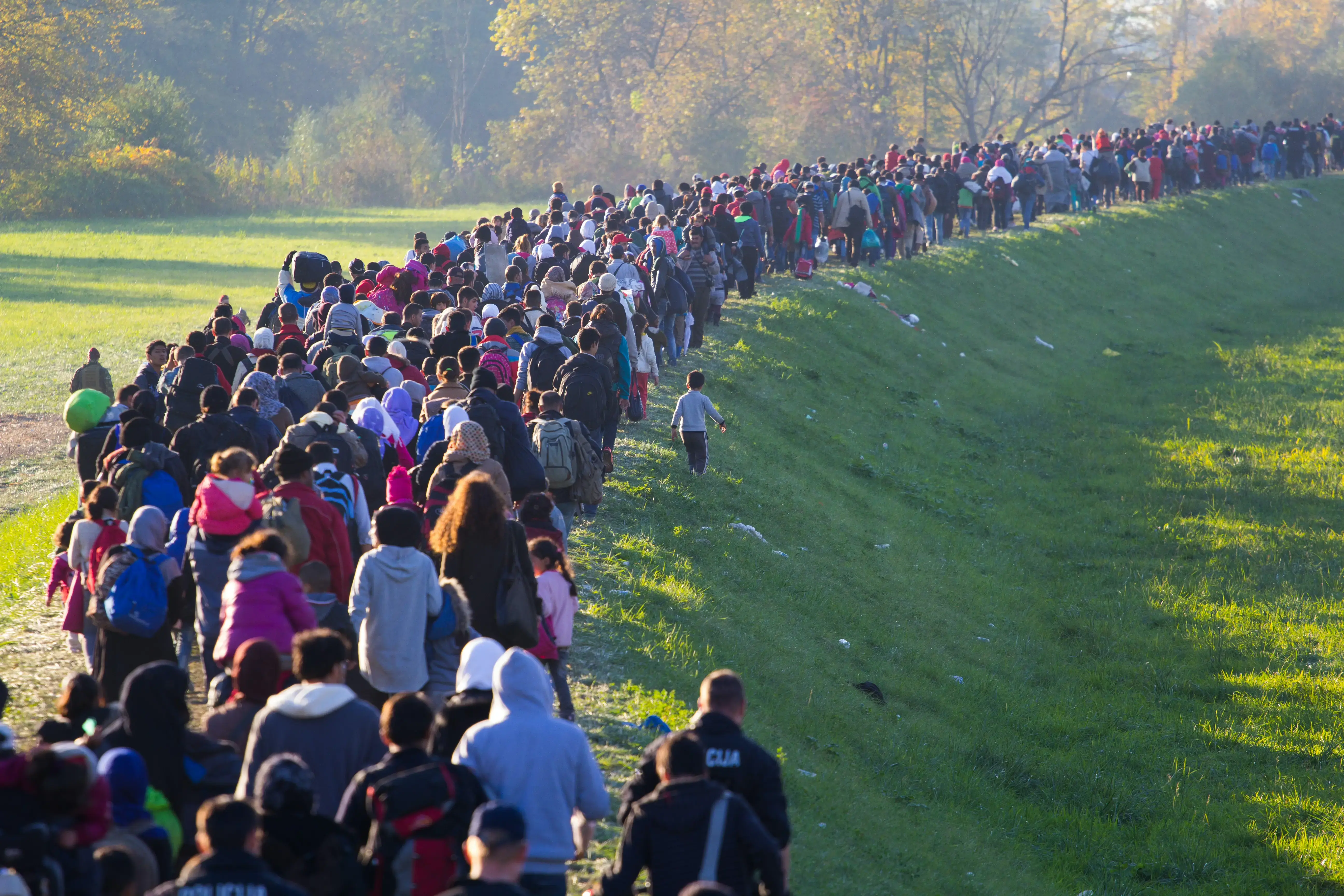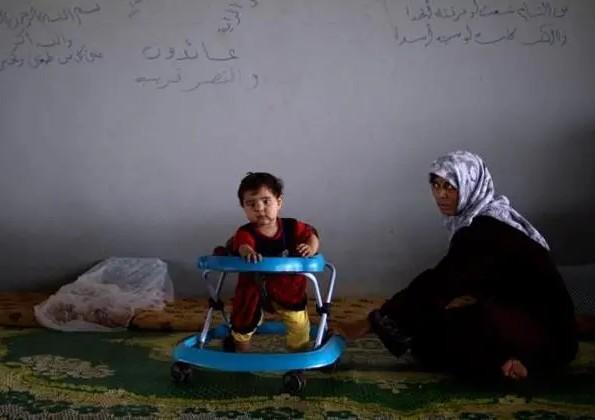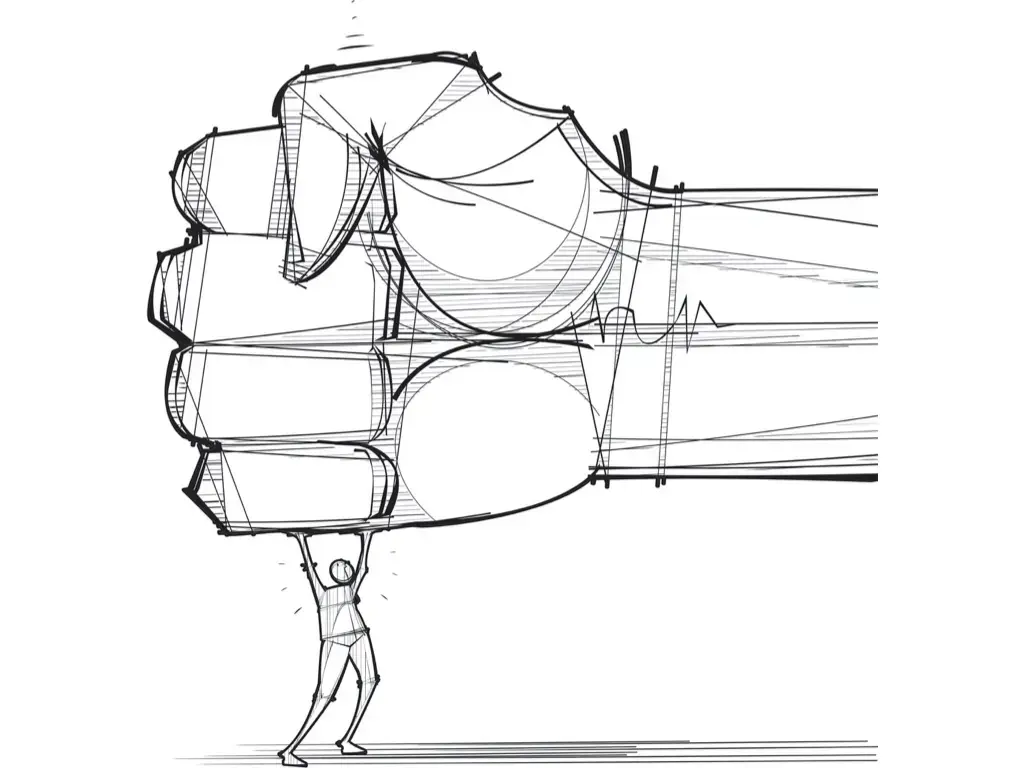Syrian Refugees in Turkey: A Gender Analysis
Centre for Transnational Development and Collaboration (CTDC)
This report presents a qualitative gender analysis of the conditions faced by Syrian refugees in Turkey, with a specific focus on women, girls, and LGBTQ individuals. Drawing on over 350 interviews, ethnographic data, and social media analysis conducted between March and October 2015, the report explores how legal ambiguity, economic hardship, gender-based violence, and social exclusion shape the lived experiences of refugees outside formal camps.
Key findings include:
- Legal and Economic Insecurity: Refugees are classified as "guests" under Turkish law, lacking stable residency or work rights. This status leaves many in limbo, unable to access formal employment or education.
- Living Conditions and Gendered Poverty: Non-camp refugees, especially female-headed households, live in overcrowded and overpriced housing. Women and children are disproportionately affected by poverty, with many pushed into informal work or early marriage.
- Sexual and Gender-Based Violence (SGBV): Women and girls face widespread sexual harassment, domestic violence, and exploitation—including coerced marriages and sex work. Victim-blaming and lack of legal recourse silence many survivors.
- Child Labour and Marriage: Economic desperation fuels both child labour and the rise in child marriages, often arranged under the guise of protection or financial survival.
- Isolation and Honour Pressures: Refugee women face social isolation exacerbated by honour-based restrictions, language barriers, and fear of harassment in public spaces.
- LGBTQ Vulnerability: LGBTQ Syrian refugees face marginalisation both within their own communities and in host towns. Many are forced into sex work or live in fear of being “outed,” especially in conservative satellite cities.
- Imposed Radicalism: Some women are subjected to ideological and bodily control by aid distributors and local actors, with aid used to enforce conservative dress and behaviour, sometimes linked to extremist recruitment.
Conclusions and Recommendations:
The report argues that treating the Syrian refugee situation as temporary has left refugees without durable solutions. It calls for:
- Legal reforms to ease residency and work access.
- Awareness campaigns on SGBV, child marriage, and LGBTQ rights.
- Support for women and LGBTQ-led organisations.
- Livelihood, vocational, and language training.
- Integration initiatives to reduce xenophobia and isolation.
This research advocates for a gender-sensitive, inclusive, and rights-based response to the Syrian refugee crisis, grounded in local realities and informed by the experiences of the most marginalised.
👉 To read the full report, click below 👇
Reach to Us
Have questions or want to collaborate? We'd love to hear from you.




